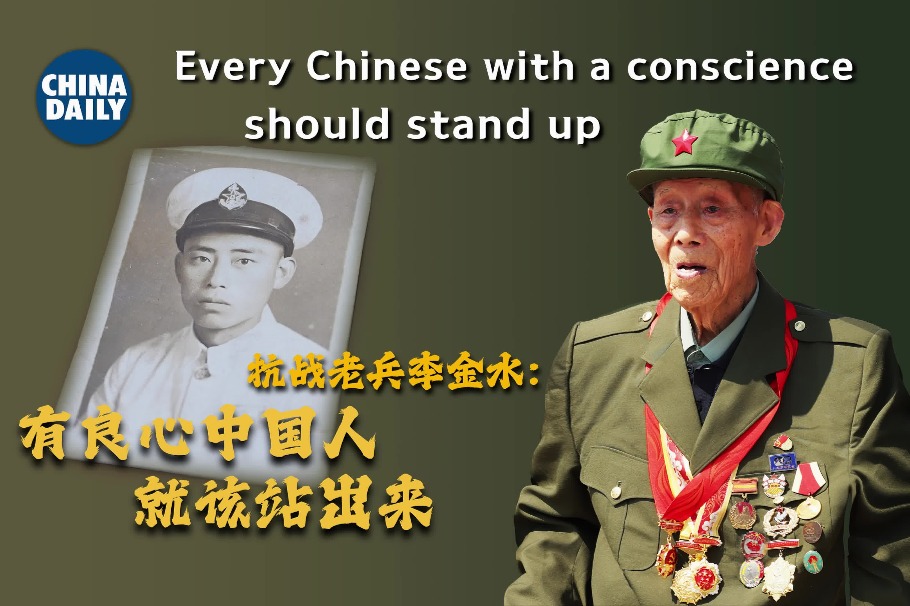Foreign faith in Chinese courts is on the rise


Open to change
There were few foreign-related disputes in the decades after the founding of the People's Republic of China in 1949, as the country was blocked from the rest of the world, Fei said.
Disputes involving foreign litigants began after the Third Plenary Session of the 11th Central Committee of the Communist Party of China was held in 1978.
At the session, China decided to open its doors to the world and make economic development a priority, Fei said.
The top court established a new division to hear economic cases, including those involving foreign litigants.
"But it was limited in the first years because we had no law and few judicial talents who could deal with foreign-related disputes," Fei said. "We were lost about what we should do."
The retired judge said the situation did not change until 1984, when the country's first conference on economic legal disputes was held.
Fei said it was a turning point for the hearing of foreign-related legal cases, as it clarified that dispute resolution was needed to help promote economic development.
In 1984, Fei was transferred from the top court's research department to the economic division, which was mainly in charge of guiding lower courts' handling of foreign-related maritime, economic and intellectual property disputes.
Fei and his colleagues addressed the handling of maritime cases by setting up special courts and drafting a judicial interpretation on how to seize a foreign ship. The legal document later became a main part of the Chinese Maritime Procedure Law.
At the time, judicial scholars doubted that such an interpretation to seize a ship could be turned into legislation. But Fei said his team persisted as "our maritime case hearings urgently needed a rule".
Chinese enterprises also faced their own legal difficulties when it came to international investment and trade. "Our companies didn't know how to sign foreign-related contracts and had no experience of international purchases, so they suffered losses, such as being cheated by foreign corporations from Germany in the 1980s," Fei said.
As marine transport and international commercial exchanges became more frequent, Chinese companies suffered fewer losses, he said.
























